Franklin, North Quabbin towns to receive increase in road repair funds
| Published: 12-31-2023 9:13 AM |
Franklin County and North Quabbin municipal highway departments are about to get a lot more state funding, thanks to additional allocations of what state Sen. Jo Comerford, D-Northampton, dubbed the “rural factor.”
The Healey-Driscoll Administration announced this week it will deliver $100 million in Fair Share Funds for additional Chapter 90 allocations. These funds are available through the new 4% tax on income over $1 million. This new tax was established due to last year’s “Fair Share” referendum.
“When all of us in western Mass. think about the Fair Share amendment, we talk about fighting for our fair share. This is one of the many ways we have been able to deliver on that,” state Rep. Natalie Blais, D-Deerfield, said.
This “millionaires tax” fund is only allowed to be used for transportation and schools, according to a budget brief published by the state on Mass.gov. A total of $1 billion made was available for spending from Fair Share in FY24 and this went to a variety of programs. $333 million was put towards a revolving minimum fund balance to be used during times of significant revenue decline. Estimates of collections for the future of this tax are uncertain and highly volatile.
The $100 million in Fair Share Amendment funds for roads are being distributed according to two formulae. The first $50 million is being distributed using the traditional Chapter 90 formula based on local road mileage (58.33%), population (20.83%), and employment (20.83%). The second $50 million is being distributed using a new formula based on each municipality’s share of road mileage.
The traditional Chapter 90 formula is known for favoring urban areas over rural communities. Comerford and Blais explained they fought for road mileage formula to help rural towns get the funding they need.
“The traditional formula needs to be tweaked to make sure rural communities get our fair share,” Comerford said. “With the additional rural school funding and with this new kind of road funding, the legislature is saying clearly with actions that they understand that rural communities are different and we need different formulas to help us equitable benefit from public investment.”
Blais said they saw how rural towns can benefit from a formula based on road miles when the Winter Recovery Assistance Program (WRAP) was first administered in 2014. Since then, she and Comerford have fought for additional funding based on this formula. This includes the funds received from the Fair Share Amendment and House Bill 3273, “An Act to Invest in Local Roads.” This bill would function similarly to the funds just received and would provide supplemental funding based on road mileage.
Article continues after...
Yesterday's Most Read Articles
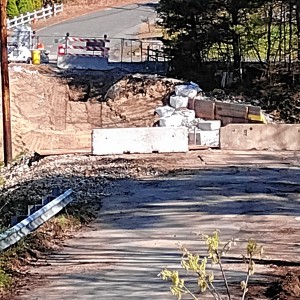 Work on Pinedale Avenue Bridge connecting Athol and Orange to resume
Work on Pinedale Avenue Bridge connecting Athol and Orange to resume
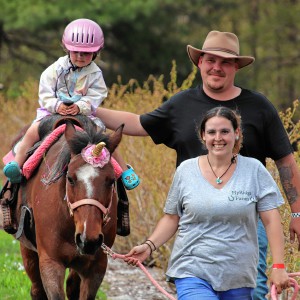 PHOTOS: Enchanted Orchard Renaissance Faire at Red Apple Farm
PHOTOS: Enchanted Orchard Renaissance Faire at Red Apple Farm
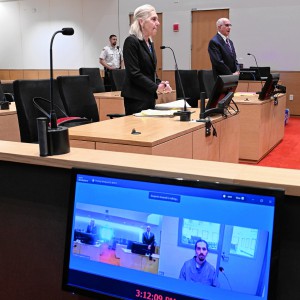 Lawyer argues Joshua Hart’s 2018 conviction for Orange murder had inconsistent verdicts
Lawyer argues Joshua Hart’s 2018 conviction for Orange murder had inconsistent verdicts
 UMass basketball: Minutemen nab another transfer in Arizona State forward Akil Watson
UMass basketball: Minutemen nab another transfer in Arizona State forward Akil Watson
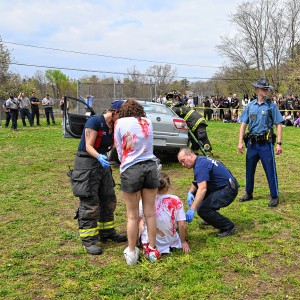 ‘Arrive Alive’ shows Athol High School students the dangers of impaired driving
‘Arrive Alive’ shows Athol High School students the dangers of impaired driving
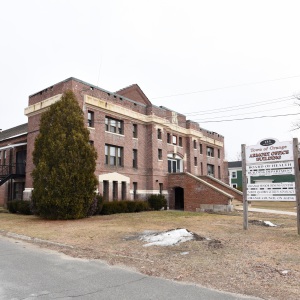 Orange Selectboard declares armory as surplus property
Orange Selectboard declares armory as surplus property
Each community receives a different total amount according to how the two formulas apportion the money. For example, Bernardston received an additional $69,451 from the road mileage formula and $45,098 from the traditional Chapter 90 formula. Orange received an additional $144,676 from the road mileage formula and $100,950 from the traditional Chapter 90 formula.
“It means more road work can get done; It is really a good thing,” said Tom Poissant, Ashfield Highway Superintendent. “The past two years, with the rising cost of materials and labor, we have not been able to cover our mileage goal.”
Poissant said with these additional funds, the town can come closer to meeting goals of resurfacing seven miles of unpaved road annually.
“The Chapter 90 formula has short-changed communities like ours for a long time,” Athol Highway Superintendent Richard Kilhart said.
He explained with the additional funds they would see their Chapter 90 allocation increase by about 50%. The town tries to resurface about a mile of paved road each year, which costs about $600,000 to 800,000, according to Kilhart.
Town Administrator of Buckland Heather Butler explained the town will use these funds to work on streets that would not typically qualify for grants. They have not yet identified which roads will receive work.
The apportionments are automatically incorporated into a municipalities’ existing Chapter 90 contract with MassDOT with no further action required by the municipality. Apportionments for all communities are available online at www.mass.gov/chapter-90-program. The funds are now available for municipal use.
Communities may use Fair Share revenue for construction, preservation, and improvement projects that create or extend the life of capital facilities. This includes costs for highway projects and pedestrian and bicycle facilities. Projects that are eligible would include installing sidewalks, bicycle lanes, new pavement, sidewalks, retaining walks, crossing signals, and other transportation infrastructure features.
The Fair Share FY 2024 amounts by municipality can be found here.
“We know the Fair Share money can only go for transportation and education,” Comerford said. “The baseline funding of $100 million extra of this Fair Share money is a sign we are off to a good start. Fair Share is expected to be between $1.6 and 2 billion; I can’t say how it will get funded but I can tell you I will fight for rural spending.”
Reach Bella Levavi at 413-930-4579 or blevavi@recorder.com.

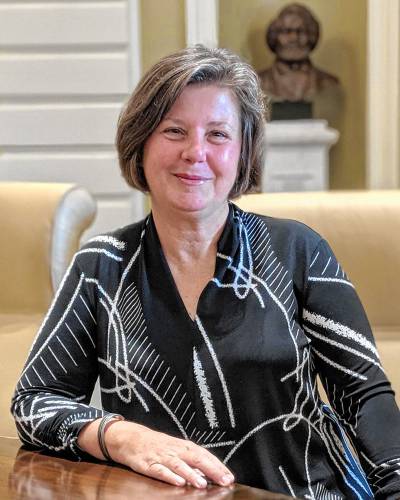
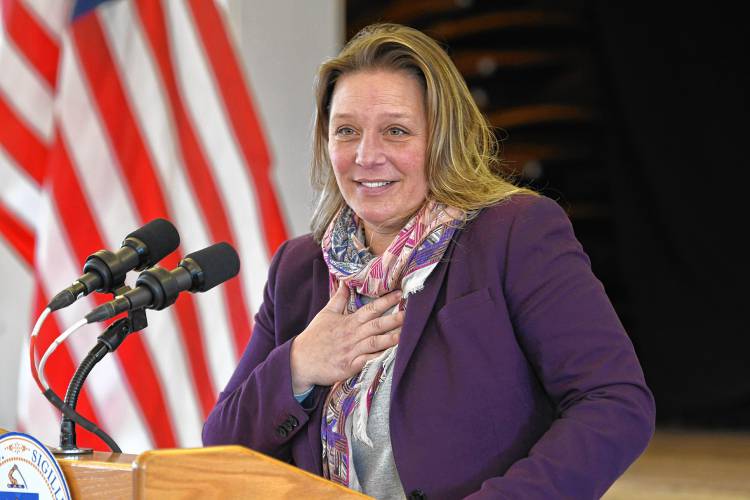
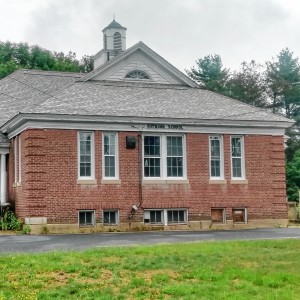 $700K debt exclusion would fund repairs to Raymond Hall
$700K debt exclusion would fund repairs to Raymond Hall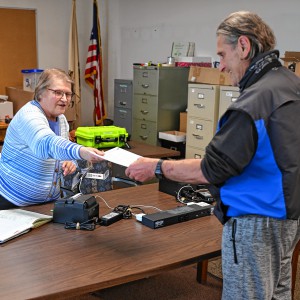 Erving voters say ‘no’ to $3.7M debt exclusion
Erving voters say ‘no’ to $3.7M debt exclusion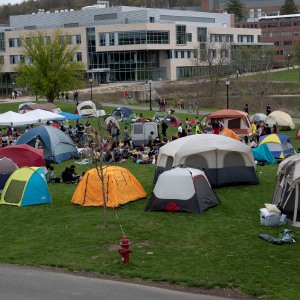 More than 130 arrested at pro-Palestinian protest at UMass
More than 130 arrested at pro-Palestinian protest at UMass